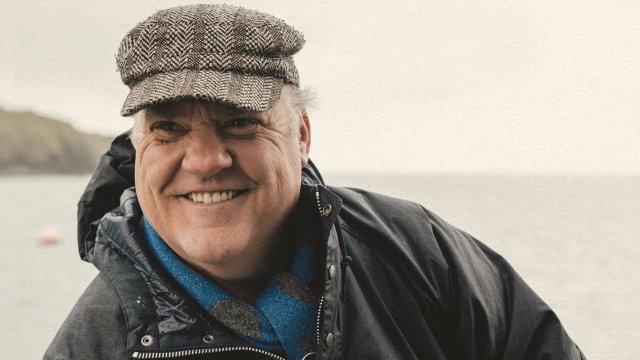Some years ago, I was at my parents’ house for Christmas Day. We were relaxing after lunch – me unable to move after consuming my body weight in venison. My dad had earmarked a production of La bohème by the Royal Opera House on TV, something that would normally prompt my swift departure. However, weighed down by Christmas lunch, I was trapped. Reluctantly, I agreed to endure it.
Twenty minutes later, I heard “Che Gelida Manina” and “Sì Mi Chiamano Mimi” for the first time. I was enraptured. By the time the show ended, I was an emotional wreck. Puccini had worked his wizardry on me. That was the day I fell in love with opera.
I’m now in my early thirties (positively a newborn by opera standards), and opera has become part of my life. I’ve watched as many as I can – both online and in person. I’ve stalked the dark backstreets of Mantua with Rigoletto; I’ve watched Salomé dance for the head of John the Baptist (Richard Strauss’s Salome); I’ve awaited certain death with Prince Calaf in ancient China (Puccini’s Turandot).
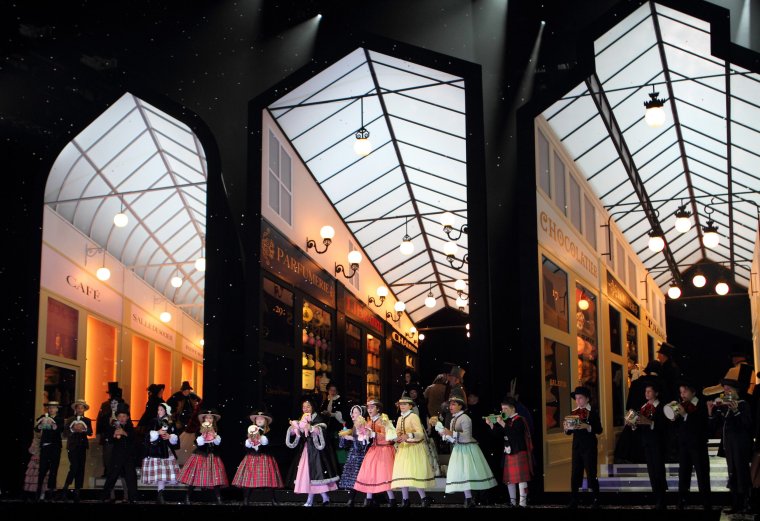
Which is why I was struck by the absurdity of the new report on opera from Arts Council England. It comes after the council nearly obliterated English National Opera by threatening to cut all funding unless it left London, and hacked back funding for Glyndebourne’s tour and Welsh National Opera. We can hazard a guess at how the council values this particular art form.
Parts of this report – by external consultants rather than anyone actually in the opera world – reek of philistinism, and reflect a misunderstanding of what opera fans, particularly younger ones, actually want. There is an obvious suspicion of the sector’s focus on pursuing “excellence” – this being “indicative of the way in which opera and music theatre still retains unhelpful hierarchies about what kinds of work are valued”. It fears that music is “generally given precedence” over other elements, and is judged by a “specific set of definitions of excellence”. Somehow, excellence has become a dirty word.
I cringed reading the council’s concern that the 25 most frequently performed operas between 2017 and 2023 were “all over 100 years old”. Who would have guessed that Puccini, Verdi, Bizet and Mozart were composing over a century ago?! There was also much tutting that opera was “heavily focused on a core repertoire”, with blame laid on older, richer, more “conservative” audiences.
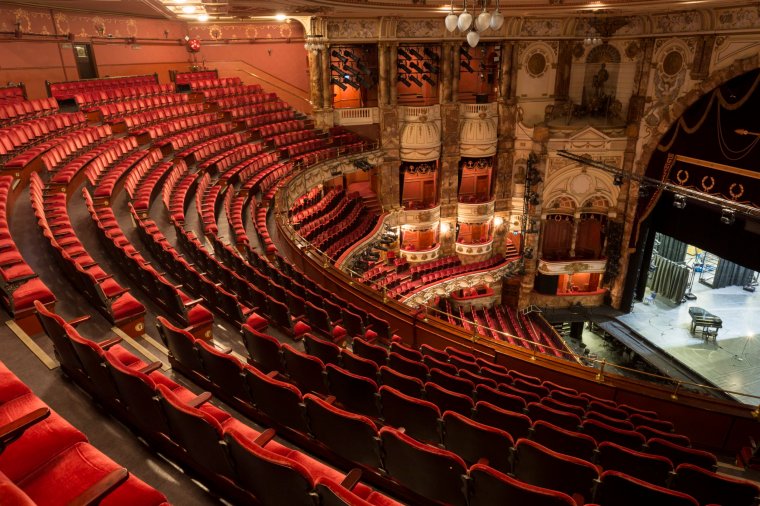
But this is conjecture – and in my experience, false. Let’s note that no opera fans – young or old – were actually consulted for this report. And for many younger fans, it is precisely these classics – La Traviata, The Marriage of Figaro, Carmen, Tosca, The Barber of Seville et al – that we are coming to see in our droves.
These operas are accessible, they bring in money and introduce young people to the form. Yet because they’re old, the Arts Council says we should cut back on them? It’s nonsensical. As a younger fan, I take offence at the notion we need things dumbed down for us or made modern because we can’t compute something set in the past. I and others like me go because we want to see the classics, and because we want to hear exceptional singers and musicians. God forbid an audience be discerning enough to demand musical excellence from a musical artform.
Another criticism is that opera is perceived to be too expensive. Amid a cost of living crisis, opera is apparently just not affordable. Yet tickets to West End shows and pop concerts have soared into the hundreds, even thousands of pounds – more so since the arrival of dynamic pricing. Prices are eyewatering, but young people are still desperate to shell out to see Beyoncé or Taylor Swift. Meanwhile 16- to 25-year-olds can get tickets to the Royal Opera House for £30, or less if you’re willing to compromise on proximity to the stage. Opera North offers under-30s £10 tickets. English National Opera offers under-35s £15 tickets in the upper circle. Price is not the issue.
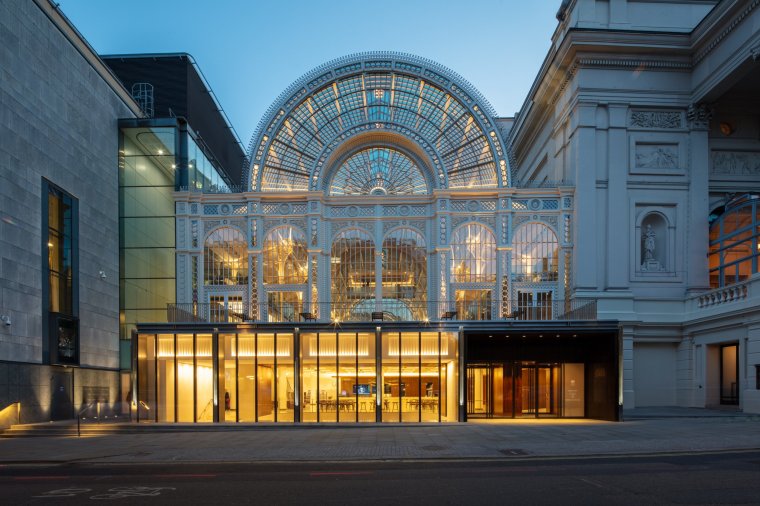
Perhaps the report’s most ridiculous criticism is that opera “is only engaging in a limited way with the stories of the contemporary nation”, and thus putting off young and new fans. I suppose this means there aren’t yet enough operas about that pandemic we’re all trying to forget about, or inflation, and other similarly fascinating topics.
This apparent shortcoming is especially amusing when we consider whether the many outlandish operas – with their gods, monsters, heroes and hippogriffs – have ever engaged with any contemporary nation. When Wagner’s Götterdämmerung premiered in 1876, I don’t think the audience felt the gods’ fiery demise in Valhalla was a realistic portrayal of their society, either. The plot of Mozart’s The Magic Flute is possibly the most unrealistic and insane ever written. And I’m unsure to what extent 17th-century Italy could really identify with Monteverdi’s Orfeo venturing into the underworld for his dead girlfriend.
But the thing is, many operas do reflect society. Tosca is the struggle of love under dictatorship; Carmen celebrates female sexuality in a world where male violence threatens to crush it; Madama Butterfly shows a young woman destroyed by imperialism. These themes are as relevant today as they were when they were written.
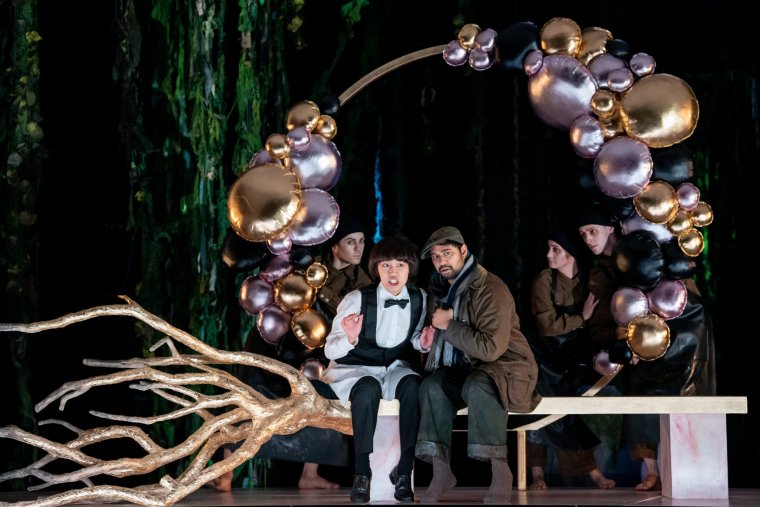
At numerous points while reading this report, I had to wonder whether its authors had ever watched an opera. The classics should, they say, “be more openly interpreted and explored, to acknowledge and address some of its challenges for contemporary audiences,” which is an odd thing to say considering every single production I have ever beheld is clearly striving to do just this. Recent productions of Carmen, particularly since, #MeToo, have explored the realities of domestic violence. The Royal Opera’s 2023 production of Dvořák’s Rusalka took an eco-turn, mourning the destruction of the natural world.
Not that making something “relevant” makes it good art. Anyone who sat through Covent Garden’s 2012 Rusalka – set in a brothel and featuring the heroine having sex with a giant cat – has my deepest sympathies. The report notes with approval an “approachable” Californian opera about the life of Steve Jobs for having “contemporary relevance”. Is this kind of crowbarring really better than the timelessness of Beethoven and Rachmaninov?
No one demands this same “relevance” from film, TV or theatre if a work is good. People are allowed to simply enjoy it. Yet opera is hounded. If we dispense with “excellence” in favour of what state or quasi-state bodies deem “relevance” we do not have art, we have propaganda.
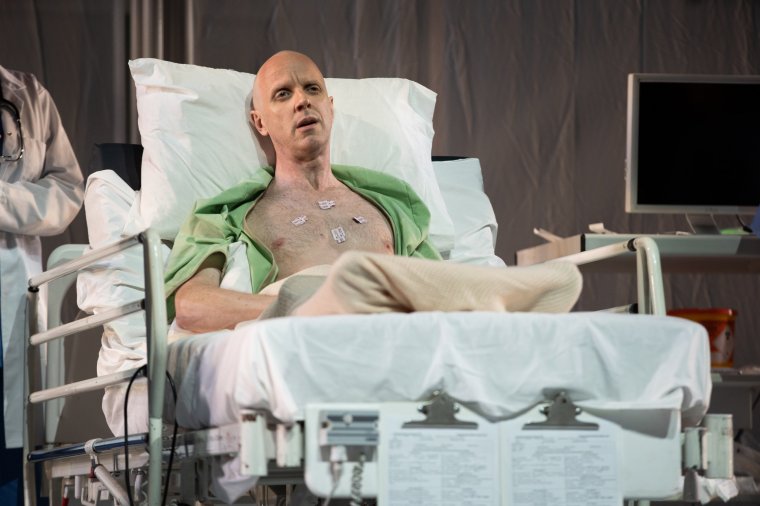
The report’s authors rightly note that new and more diverse operas should be encouraged, but fail to note the many successful contemporary operas by composers and librettists – and they’re not even solely from old white men: the British composer Sarah Angliss’s moving and disturbing Giant, which premiered at Aldeburgh last year; Norwegian Kaija Saariaho’s Innocence, a harrowing look at the aftermath of a school shooting, which won a Royal Philharmonic Award for best large-scale composition this month; former financier Anthony Bolton’s Life and Death of Alexander Litvinenko at Grange Park in 2021; George Benjamin’s Written on Skin, ranked in a 2019 poll as the second-greatest classical composition of the 21st century. All passed over, with the damning suggestion that opera “lacks confidence in England”.
The more I read of this report, the more I was struck by how many of the “problems” that make opera so anathema to the Arts Council are down not to opera itself, but to people’s perceptions of it. That opera is elitist/ incomprehensible/ for older people – take your pick. It acknowledges that there has been little research into public perceptions of opera (and didn’t think this might be just the moment to conduct some) but cites a 2017 Classic FM poll which found that four in 10 would not visit because they thought it would be too hard to understand. As we’ve heard so often, opera is dismissed by people who have never listened to it. I was once guilty of this too. I fear the Arts Council may be similarly afflicted.
Like all great art, great opera transcends the everyday. It addresses not trends on TikTok, but the universal. Young people are just as capable of appreciating that. Opera offers the entire beautiful and ghastly spectacle of life: love, hatred, jealousy, grief, death – only on a magnificent scale. The reason I and other younger fans go to the opera is not because we want to see our own worlds, but because we want to see something greater. Why doesn’t the Arts Council?

